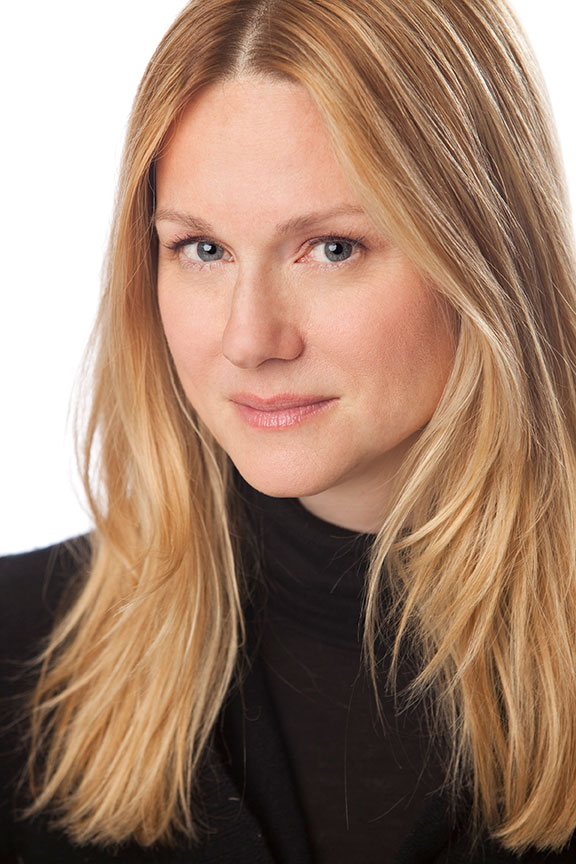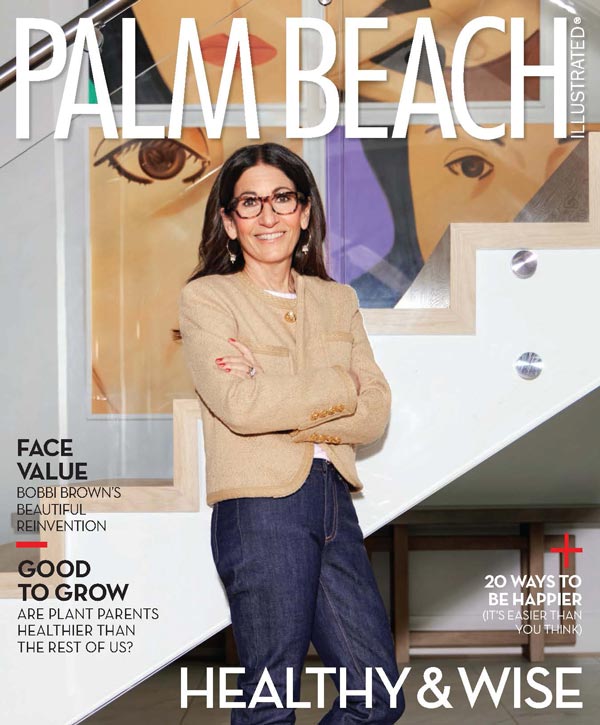
Laura Linney is more than just a talented film, television, and stage actress. She’s also a fierce advocate for cancer research. She stood by her father, playwright Romulus Linney, during his fight against lung cancer and shed new light on the disease as the executive producer and star of the Showtime series The Big C.
On January 26, she will share her journey at the H.O.W. Hearing the Ovarian Cancer Whisper annual luncheon at The Mar-a-Lago Club in Palm Beach.
Linney spoke with PBI.com about her acting career and how portraying a terminal cancer patient affected her outlook on life.
PBI.com: Your father was a prolific playwright. How did his career influence your theatrical aspirations?
Linney: As much as I would love to take credit for my own interest in the arts, the reality is that my father was a huge influence. He was also inspiring. I learned from him how noble, brave, and vital a life in the arts could be, and also how challenging and frustrating. What became clear through his example was that the love for the work itself has to outweigh all else.
You’ve done the trifecta of acting: stage, television, and film. Is there one you prefer over the others? Perhaps one you find the most challenging or rewarding?
That used to be a very easy answer. I worked in the theater and loved it long before television and film work presented themselves. I’ve been a part of the theater longer and consequently always felt more comfortable there, but as the years have rolled by and my camera experiences have grown in number, I find I love them equally. The essential difference between theater and camera work is the ingredient of time. In the theater, it’s the most powerful, mystical element that allows performances to deepen. The ritual of repetition binds actors to characters and characters to story. The benefits of time, however, must be earned in the doing of it—over and over again. And when the play works, the connection actors have with their work and each other is sublime.
Film and television are the opposite. There is no time, so you must prepare and prepare and prepare and then show up, let go, get out of the way, and see what the camera picks up on that day. It’s a miracle any good movie or television show ever gets made. But it’s the challenge of creating something that is worthy under those circumstances that makes it all so exciting.
Reflecting upon the array of characters you’ve brought to life, is there one in particular who remains close to your heart?
There are a few characters whom I am especially fond of. It’s impossible for me to choose just one. Wendy in The Savages I loved for her flaws. Clara Kinsey in Kinsey I loved for her capacity to love. Abigail Adams I loved because, well, she was Abigail Adams. And Mary Ann Singleton in Armistead Maupin’s Tales of the City I loved her desire to find a life filled with like-minded people, to find her family.
In The Big C, you played a character fighting cancer. How did you prepare to portray the emotional struggles of dealing with disease?
Instead of concentrating on the emotions that come with the prospect of dying, I thought a lot about the question of how does a person die well? We spend a lot of time and money on living well, but what can we do to die well? To have a good death is, I think, a part of having a good life. I kept that on the forefront of Cathy’s mind during the four seasons of the show.
In what ways did that role change your relationship to cancer in your own life?
It didn’t. It only confirmed for me that it’s a privilege to grow old. We live in a world where aging is judged as a deficit and as a weakness to be feared and ashamed of. But it is a luxury many do not get to experience.







Facebook Comments